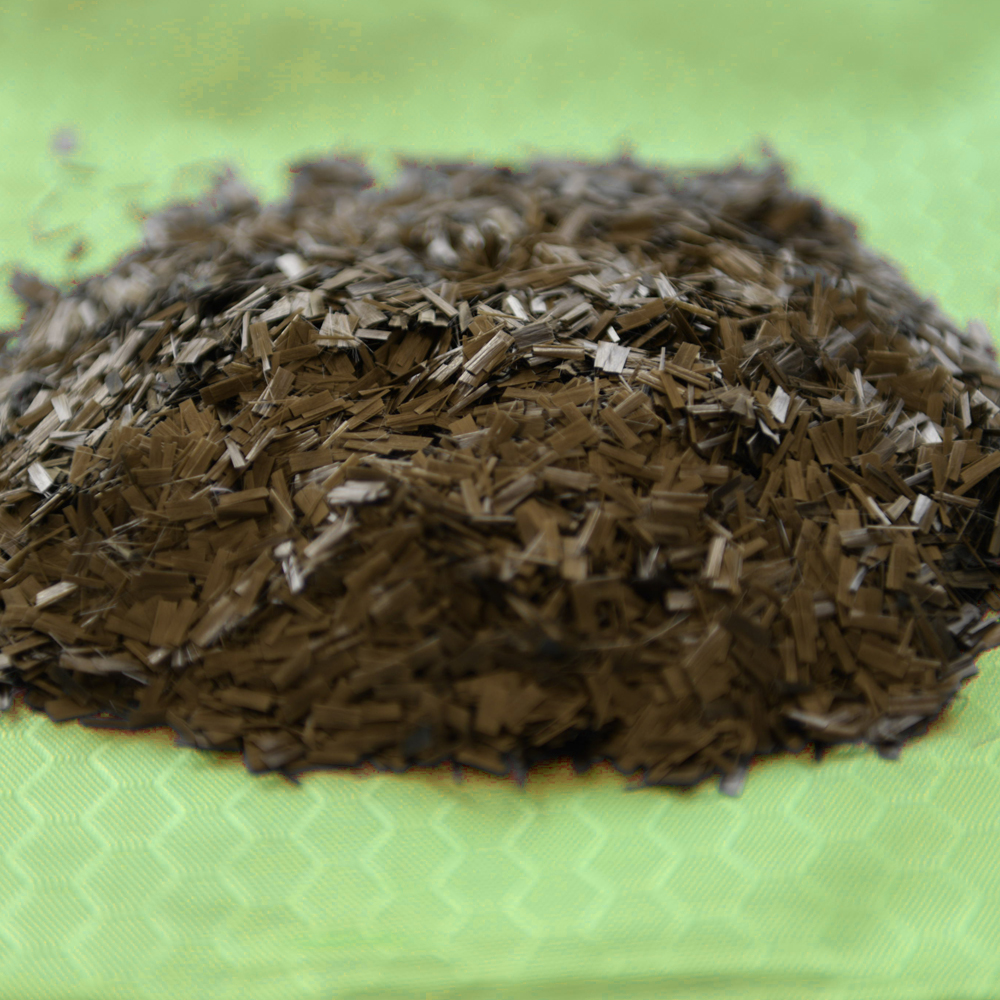Table of Contents
Benefits of Using Basalt Fiber for Structural Reinforcement in Asphalt Mixtures
Basalt fiber is a material that has been gaining popularity in the construction industry for its structural reinforcement properties. When added to asphalt mixtures, basalt fiber can enhance the strength and durability of the pavement, making it an ideal choice for road construction projects. In this article, we will explore the benefits of using basalt fiber for structural reinforcement in asphalt mixtures.
One of the key advantages of using basalt fiber in asphalt mixtures is its high tensile strength. Basalt fiber is known for its excellent strength-to-weight ratio, making it a reliable material for reinforcing asphalt pavements. By adding basalt fiber to the asphalt mixture, the overall strength of the pavement is increased, reducing the likelihood of cracking and rutting over time.
In addition to its high tensile strength, basalt fiber is also highly resistant to corrosion and chemical degradation. This makes it an ideal material for use in asphalt mixtures, as it can withstand the harsh environmental conditions that pavements are exposed to on a daily basis. By incorporating basalt fiber into the asphalt mixture, the pavement becomes more durable and long-lasting, reducing the need for frequent repairs and maintenance.
Another benefit of using basalt fiber for structural reinforcement in asphalt mixtures is its ability to improve the fatigue resistance of the pavement. Fatigue cracking is a common issue in asphalt pavements, especially in high-traffic areas where the pavement is subjected to repeated loading and unloading. By adding basalt fiber to the asphalt mixture, the pavement becomes more resistant to fatigue cracking, extending its service life and reducing the need for costly repairs.
Furthermore, basalt fiber is a sustainable and environmentally friendly material. Unlike traditional reinforcement materials such as steel, basalt fiber is made from natural volcanic rock, making it a renewable resource. By using basalt fiber in asphalt mixtures, construction companies can reduce their carbon footprint and contribute to a more sustainable construction industry.
In conclusion, basalt fiber offers a wide range of benefits for structural reinforcement in asphalt mixtures. From its high tensile strength and resistance to corrosion to its ability to improve fatigue resistance and sustainability, basalt fiber is a versatile material that can enhance the performance and longevity of asphalt pavements. By incorporating basalt fiber into asphalt mixtures, construction companies can build stronger, more durable pavements that require less maintenance and repairs over time. As the construction industry continues to evolve, basalt fiber is sure to play a key role in the development of sustainable and resilient infrastructure.
How Basalt Fiber Enhances the Performance and Durability of Asphalt Mixtures
Basalt fiber is a material that has been gaining popularity in the construction industry for its exceptional strength and durability. When incorporated into asphalt mixtures, basalt fiber can significantly enhance the performance and longevity of the pavement. This article will explore the benefits of using basalt fiber in asphalt mixtures and how it contributes to structural reinforcement.
One of the key advantages of basalt fiber in asphalt mixtures is its high tensile strength. Basalt fiber is known for its superior strength-to-weight ratio, making it an ideal material for reinforcing asphalt pavements. By adding basalt fiber to the asphalt mix, the overall strength of the pavement is increased, reducing the likelihood of cracking and rutting over time.
In addition to its strength, basalt fiber is also highly resistant to corrosion and chemical degradation. This means that asphalt pavements reinforced with basalt fiber are better able to withstand the harsh effects of weathering, heavy traffic, and exposure to Chemicals such as de-icing salts. As a result, the lifespan of the pavement is extended, reducing the need for frequent repairs and maintenance.
Another benefit of using basalt fiber in asphalt mixtures is its ability to improve the fatigue resistance of the pavement. Fatigue cracking is a common issue in asphalt pavements, especially in areas with high traffic volumes. By incorporating basalt fiber into the asphalt mix, the pavement becomes more flexible and better able to withstand repeated loading cycles. This helps to prevent the formation of cracks and extends the service life of the pavement.
| Part | Item |
| 1 | Basalt Fabric |
Furthermore, basalt fiber has excellent adhesion properties, allowing it to bond well with the asphalt binder and aggregate particles. This ensures that the reinforcement is evenly distributed throughout the pavement, providing uniform strength and stability. The improved bonding also helps to reduce the risk of delamination and stripping, which can compromise the integrity of the pavement.

In terms of sustainability, basalt fiber is a more environmentally friendly alternative to traditional reinforcement materials such as steel or fiberglass. Basalt fiber is made from natural basalt rock, which is abundant and widely available. The production process for basalt fiber also requires less energy and produces fewer emissions compared to other materials, making it a more sustainable choice for infrastructure projects.
Overall, the use of basalt fiber in asphalt mixtures offers a range of benefits that contribute to the performance and durability of the pavement. From increased strength and fatigue resistance to improved adhesion and sustainability, basalt fiber provides a cost-effective solution for enhancing the structural integrity of asphalt pavements. By incorporating basalt fiber into asphalt mixtures, engineers and contractors can create more resilient and long-lasting pavements that can withstand the demands of modern transportation systems.

